
Empowering Women and Children in Kolkata
Surabhi Vashist is a Business Analyst at Thoughtworks and currently working on a Social Impact Program project with Calcutta Kids. In this blog, she shares her experiences of visits to client site that are not only different but also eye-opening in a way. She calls out the challenges faced by Calcutta Kids - a non-governmental organization (NGO) and its group of health-workers in reducing malnutrition rates among kids in the slums.
Calcutta Kids is an NGO empowering the poorest children and expectant mothers in the underserved slums in and around Kolkata, India. Thoughtworks is helping Calcutta Kids develop a new application for beneficiary tracking and overall development.
I first visited our client in Kolkata in August 2013, and was shocked at the scene that presented itself to me. I was appalled and sorry at the same time on seeing the malnourished kids and women, open drains and the unhygienic living conditions. A small crowded lane littered with garbage; cycles, bikes, cars, rickshaws, humans and dogs jostling for a foothold of space; naked malnourished children with equally fragile mothers living in small dingy shanties which they call as home. Among all this din, there is a small board which declares the existence of an entity called Calcutta Kids.
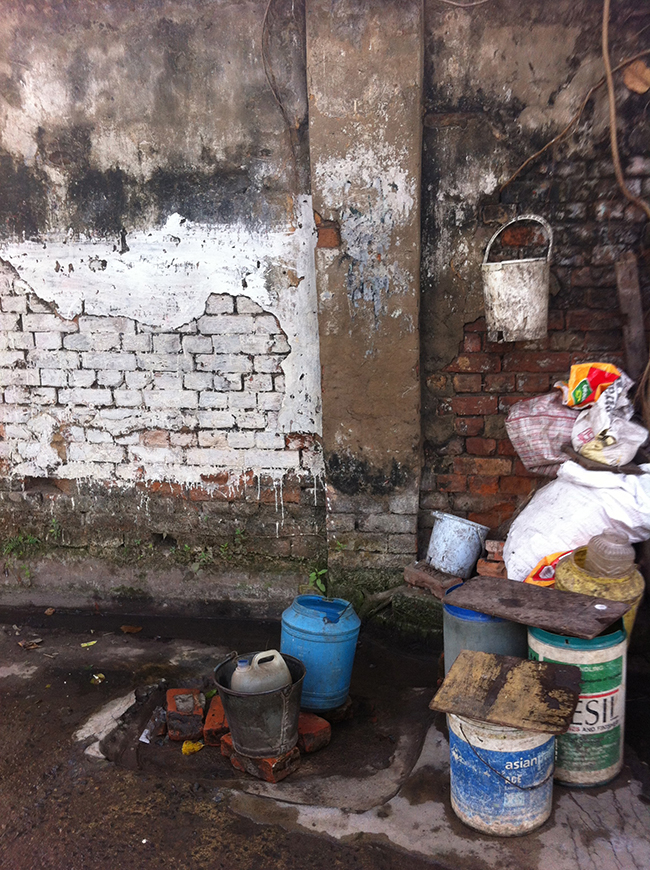
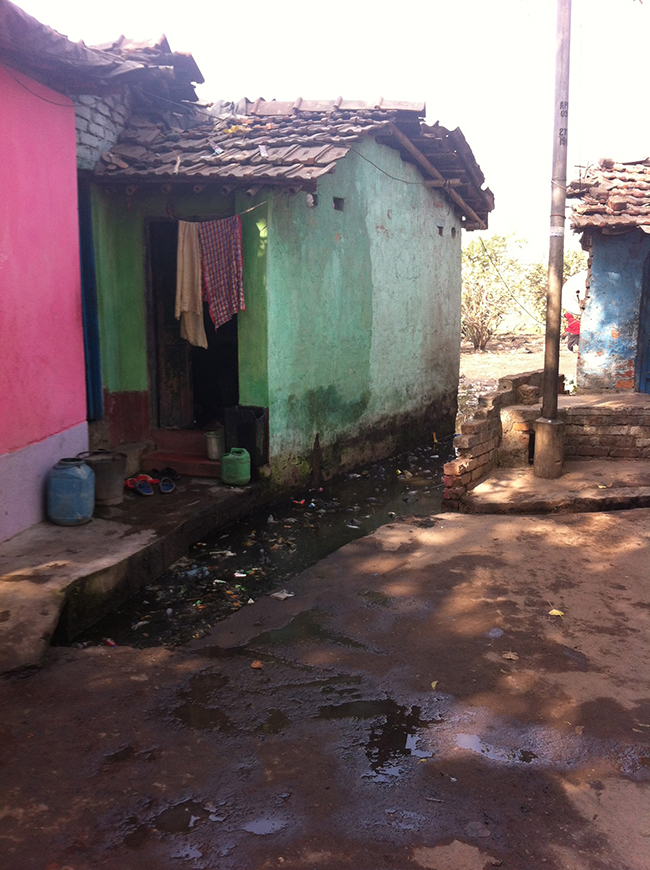
Noah Levinson founded Calcutta Kids in 2005 and is supported by his wife Evangeline who oversees field operations. This wonderful couple has devoted their lives to the kids of this slum, known to the locals as “Fakir Bagan.” Calcutta Kids tracks immunizations, weight and proper diet of pregnant women and children until they attain the age of three. The NGO has been successful in reducing severe malnourishment by 70% amongst the slum population they serve in. With fathers who seem to prefer playing cards rather than taking care of their wives and kids, and an apathetic government machinery, Calcutta Kids is filling a huge gap in providing a chance at a better future.
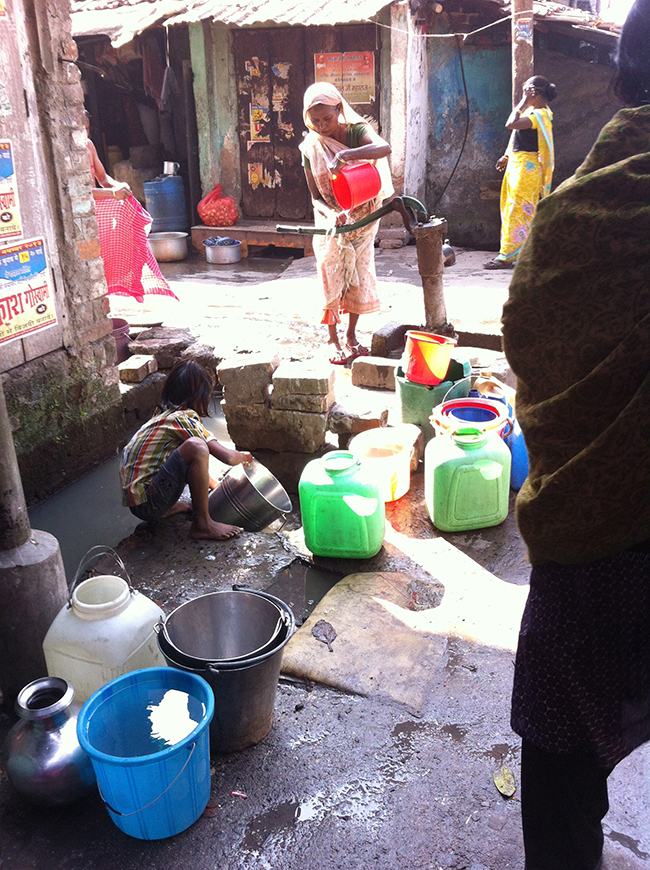
The legwork for this NGO is done by a group of health workers. It is their job to visit each and every lane of Fakir-Bagan to follow up on pregnant women and newborns. During my various visits alongside these health workers, I was amazed by their dedication. They convince, coerce, shout and even bribe women to ensure that pregnant women and kids visit the community health centres for growth monitoring and vaccinations. When the weight is measured or immunization done, kids and mothers are ‘rewarded’ with a boiled egg and ‘Khichri’. Lately, the persistence of health workers seems to have paid off - as self enrolment has increased to some extent.
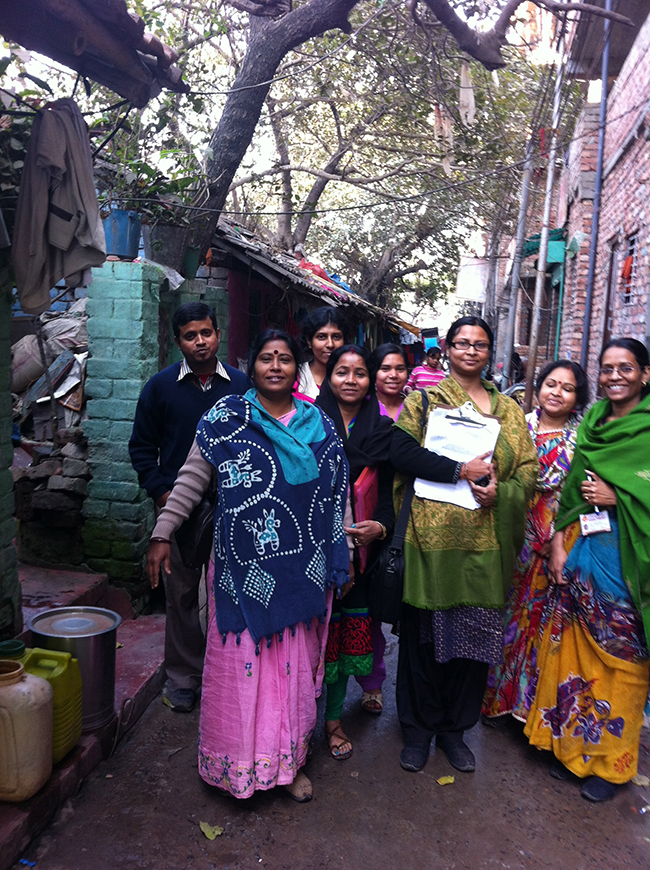
Above: Healthcare workers and data entry operators
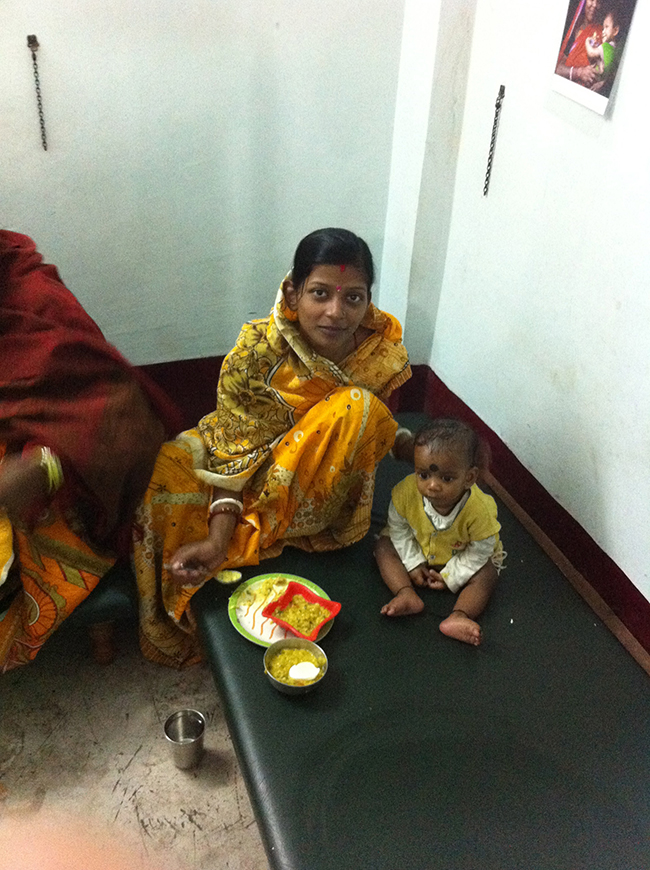
Above: Community Health Centre's Nutrition Corner
Partnership with Thoughtworks
Calcutta Kids was using a legacy software which was unreliable, inflexible, suffered from usability issues, was unsuitable for expansion and did not provide proper backups for their data. There used to be a lot of manual tracking of beneficiaries which resulted in certain beneficiaries falling through the cracks.
Apart from this, Calcutta Kids wanted a means of recording immunization and growth measurement data offline at the community health centre situated inside the slum. This offline data could later be synched to the application when there is Internet connectivity.
Phase1 of this project was delivered in January 2014. It dealt with a majority of the above issues by providing data security, giving the staff ability to introduce new forms in the application, creating beneficiary growth curves, generating automated task lists for health workers to follow up on beneficiaries and offline support for growth measurements and immunizations. Another powerful feature was creating a report for children who are faltering in terms of growth.
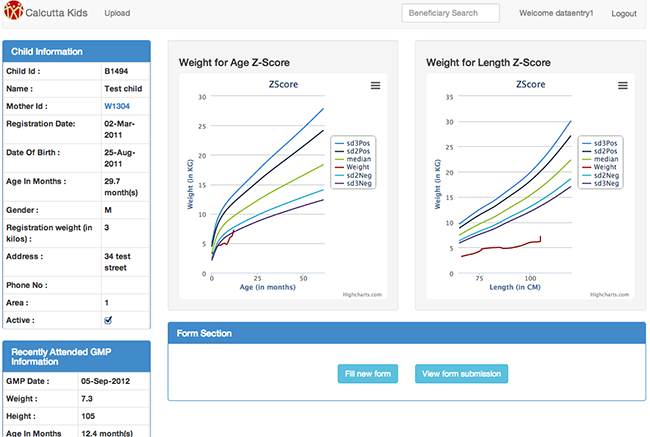
Above: Beneficiary dashboard with growth curves
Data entry operators, health workers, beneficiaries and other staff were regularly interviewed in order to ensure that the application meets the end user requirements. This project gave us an opportunity to periodically observe interactions of the users with the application and modify user flows to suit their processes. Feature showcases were organized on the field for health workers and data entry operators in Hindi. Training on how to use the application is also being given to them.
I witnessed the happiness and the anxieties which a new software can bring. On one hand, the staff were quite happy with how the application is shaping up, but I also witnessed apprehension on the faces of the data entry operators who thought that this new software might make them redundant. I witnessed firsthand the difficult process of looking for ‘donors’ in order to run the NGO and fund the application development.
Technically, the project has turned out to be far more challenging than what we had initially anticipated. However, it was the cause and the human element which stood out starkly in this project, and motivated us to excel.
The road ahead...
We are about to start with phase 2 of this project, which will focus on developing a program management dashboard for Calcutta Kids for tracking its performance, and providing customised reporting capability for doing data analysis for evidence-based policy changes.
All in all, it has been an amazing and a very different experience which I will cherish for the rest of my professional career. I wish the Calcutta Kids team a lot of success in their fight to eradicate malnutrition. I really hope that this little contribution by Thoughtworks makes their life easier and helps them in making the right decisions to win this fight against poverty.
Learn more about Thoughtworks' Social Impact Program.
Disclaimer: The statements and opinions expressed in this article are those of the author(s) and do not necessarily reflect the positions of Thoughtworks.














